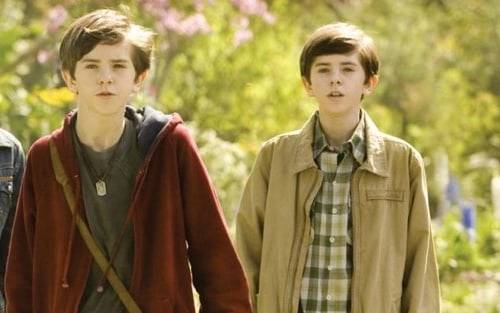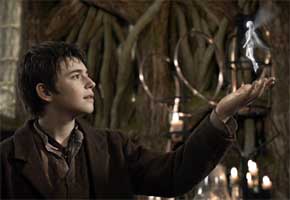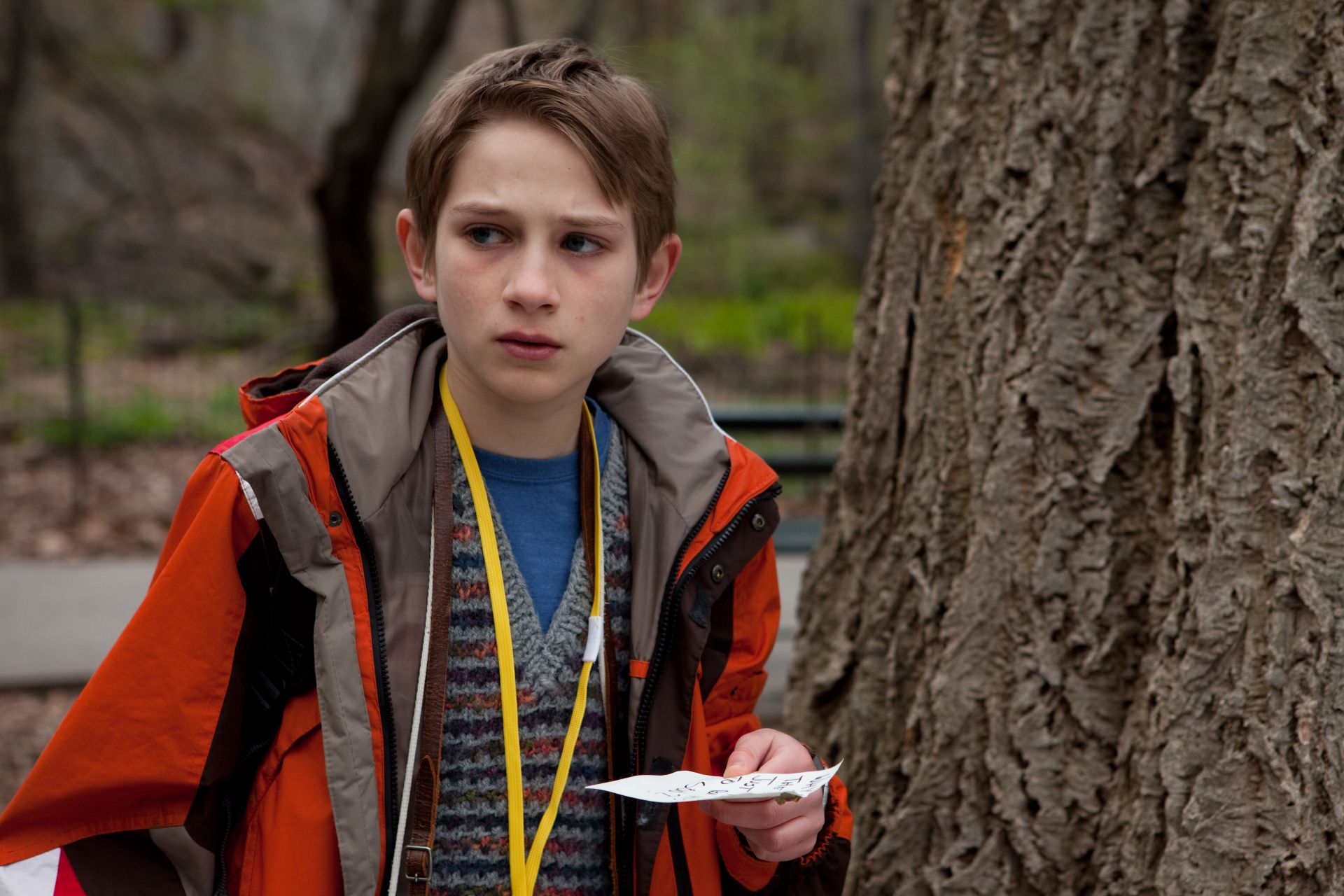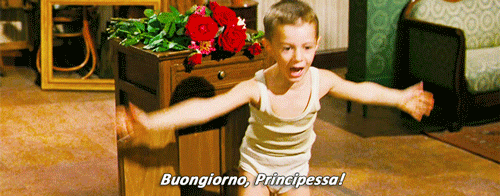Cape Canaveral, FL, USA, Earth, 2173 AD
Colonel Scander Hawke of the United States Space Squadron
reported to the loading dock of the Intergalactic Launch Hangar at 1100 hours.
He stood ramrod straight and absolutely still as the biometric scanners
registered his facial profile, scanned his retina, and verified all of this
with the database records. Once inside the gate, Hawke immediately checked on
the crew tasked with loading his weapons cache onto the shuttle that would
carry him out to the Terraforming Base Station 12, established in the Taurean
star system on the planet Vega. The Terraforming Command had not received an adequate
progress report as normally required. Coupled with disturbing whispers between
ships passing by that planet, the Command saw fit to send someone out to
discover the truth of the matter. Of course, that someone would be Corporal
Hawke. He was the most reliable soldier on the force by anyone's standard. If
there was any trouble, Scander Hawke could take care of it. He stalked up to
the bridge to greet the pilot.
Seated at the cockpit was a lithe, petite young
officer. Her fingers skated over the screen, setting up the flight plan
logistics for the upcoming trip. Intergalactic travel required the use of
quantum mathematics and physics to account for shifting planets and
gravitational pull. There was also proper timing warranted for orbiting moons
and comets. Though travel was faster than light, it was not hyper-speed, and
this still presented damage risk if the flight path crossed the trajectory of
an incoming comet.
The pilot did not take her eyes off her work.
Corporal Hawke planted his boot on the steel grating
deliberately and cleared his throat with a loud, "Harumph!"
"Yes, Corporal, I can smell you," the pilot
drawled wryly, finally closing the data windows and swiveling to face him.
He
frowned in confusion at the remark.
She smirked at him archly. "The thing
about you white-shirts is, you are so full of your own importance and the
perfect creases on your dress slacks and the shiny buttons on your uniforms
that you never realized the moment when we—the common folk, and the real
fighting soldiers—started adding scent threads to those same uniforms. That
way, we'd be able to tell from a mile off whether to salute or duck. And at
those high-faultin' brass functions, whew!" she whistled, "Ten
minutes and we'd all be smelling like the blooming Armada!" She laughed at
her own joke.
Corporal Hawke scowled. "What's your name and rank, pilot?" he barked in an attempt to remind her of her
place.
It didn't work. She flipped a lazy salute that was more a
wave of annoyance than a respectful gesture. "Captain Ashuria of this fine
Dragon, Corporal, and you best not be forgetting that! I own the very grate
you're standing on right now, whatever the mucketymucks in Washington think
they can say about it!"
"If I didn't know any better, Captain, I'd say you
weren't being very patriotic just now."
"Patriotic, my spanner!" she snorted. "I
built the darn thing from scrap, didn’t I?"
Scander shook his head firmly. "I don't care if you
welded the whole thing together with your own spit, you might command the ship,
but you and every other person on this ship take orders from me, are we
clear?"
Ashuria made the casual salute again. "Sure thing,
Corporal Hawke. Though," she amended slowly and with a sly grin and a
twinkle in her bright-blue eyes, "I'd be careful how I treat my pilot,
Corporal, seeing as I am the only way you are getting off this self-important
piece of rock!"
Scander Hawke—nicknamed Hawk Commander even though it was
beyond his actual rank—studied the young pilot closely as she resumed her work.
Satisfied that he need not fear any actual mutiny or insubordination from the
cockpit (Ashuria struck him as one with a smart mouth and a smarter, patriotic
mind and heart; she talked with more swagger than she actually cared to act
upon) he retired to his quarters to study the series of reports from Vega that
had been their last communications. Hawke could not figure out why.
07182172-095623 BEGIN REPORT: "Official Terraforming
Status Report—Process progresses as normal. Environment responding well;
expected to reach habitable levels by 12202172. Projected success rate: 99
percent—Commendable. END REPORT."
Nothing amiss there. Hawke scanned ahead to the colonization
date, December 21st, 2017. That's when things started to get suspicious.
12212172—100345 BEGIN REPORT: “Official Terraforming
Colonization Commencing. First ships arriving. Pilot reports abnormal
atmospheric readings, but there have been no signs, either organic or
mechanical, of any such concerning changes. Will continue to monitor the
situation for aberrations, but colonization should proceed on schedule. Success
Rate of 95 percent—Acceptable. END MESSAGE."
12272172—094734 BEGIN REPORT: “Official Terraforming And
Colonization Report: Settlement Communities—6; Population—1272; Colonization
proceeds as directed. Investigation in progress concerning scattered complaints
from outer settlements, but as yet there has been no real cause for concern.
Colonzation success rate holding at 90 percent—Acceptable. END MESSAGE."
01042173—095312 BEGIN REPORT: "Official Terraforming
And Colonization Report: Settlement Communities—10; Population—6000; Population
expansion continues on schedule. Vega medical staff reports increased volume of
critical patients, cause or source currently unknown. Investigation in
progress. Will confirm as additional discoveries are made. Authorities see no
cause to delay colonization as scheduled. Docks will remain open as colonial
ships continue to arrive. Colonization success rate currently at 85
percent—Acceptable. END MESSAGE."
01062173—095032 BEGIN REPORT: "Official Colonization
Report: population mortality has reached concerning levels. Medical staff
unable to isolate cause or source. Docks currently closed. Population
diminished by 40 percent. Quarantine protocol advised. Colonization success
rate: 30 percent—Failure. END MESSAGE."
The next report, issued just two days later, was chillingly
impersonal.
01082173—100223 BEGIN REPORT: "Official Colonization
Report: Settlement Communities—1; Population—Undetermined. Colonization
proceeds as normal. END MESSAGE."
Hawke closed the window with a shudder. To go from 60
percent in 10 settlements to just one in two days made even the bravest man
squeamish. What could a newly terraformed planet contain that could decimate a
population in two weeks? The governing body seemed loath to believe it had been
a fluke of poor preliminary research that resulted in the choice of a planet
that could not be terraformed—hence they decided to send someone to
investigate, and who better than the Hawk Commander, a steely-eyed, practical,
serious man who did not deviate from a set course of reason for anything less
than a compelling reason, and who counted every detail he saw, and left nothing
to chance or vague impressions?
Hawke leaned back to consider the current situation—the
problem with Vega. It had to be something microscopic, because an alien
predator would not be so insidious—unless the alien itself were microscopic,
perhaps an unknown element in the very air on Vega… No, that was unlikely; all
the colonists resided in manufactured structures, and each structure was
equipped with environmental moderators and microbial air filters that removed
anything from the air that was not present in Earth’s atmosphere. Even if
something foreign could infiltrate the system, it would be readily noticed and
reported.
“Corporal?” Captain Ashuria’s voice resounded over the
communication system.
“Yes?” Hawke still bent over the string of reports.
“We have been cleared for takeoff. This dragon will be
mobile in five minutes. Better strap yourself in.”
Scander checked under his elbow for the seat-clasps.
Fastening the straps, he settled in as he felt the whole ship vibrate with
movement.
“Hey, Captain?” he called.
“Don’t get too wound up, Corporal,” Ashuria retorted. “Knightwing shimmies like that in Earth’s atmosphere. We’ll be
fine once we break orbit. She’ll hold. I’ve done this a million times.”
As a matter of fact, Captain Ashuria had only flown a
Dragon-class vessel a total of twelve times—and had only broken a planet’s
orbit on three occasions. Scander knew this; but he also knew better than to
question a pilot on her skill during takeoff. He would have plenty of time to
confront her about it later.
The ship gave a jerk, and Scander felt the G-forces hauling
on his body, pressing him down toward the seat.
Then again, he might never get the chance to say anything.
“Here we go!” Ashuria’s voice whooped over the intercom
purely for her passenger’s benefit. Scander felt the orientation of the ship
shift slightly, and then the violent turbulence rattled as they broke the
stratosphere and entered the orbit. Scander’s head snapped to the side as the
ship broke through several layers of orbit—not just Earth’s, but that of the
Sun as well—and then everything was still.
Experimentally, Scander released one side of his security
belt. It slowly drifted upwards. They had achieved zero gravity. They were
beyond outer space. He glanced at the wall, where in a typical berth there
would be a small port window to see out; the Knightwing had no such amenity. A chime echoed from somewhere.
“Gravity stabilizers engaging,” a mechanical voice announced. Scander felt his body suddenly grow
very heavy, and watched the buckle of his security belt slowly come to rest at
his side.
“Gravity normalized.”
“You are now free to move about the cabin,” Captain Ashuria
joked as if she were a pilot on an airline in Earth’s atmosphere, instead of
navigating the regions just outside the solar system called “naked space.”
Hawke unbuckled his security belt and resumed perusing the reports. There was
nothing to indicate any kind of obvious foul play. Scander decided to research
as much as he could find out about the planet they would be landing on very
soon. On a whim, he also decided to pull up the file on the incorrigible captain
of the rattletrap he was riding.
Ashuria Eseer had been born off world, in the floating
orbit-colony once known as the International Space Station. It was more than a
station now—every nation had added its own unit to the station, till there was
just as much diversity above the stratosphere as within it. Being born in
space, Ashuria had a natural gift for navigating the starry skies, as all “star
children” did. Scander paused to reflect how the term “star” had once meant
“exceptionally bright and gifted, particularly in a leading role.” Now that
term more applied to the generation of children born on the “Space Nation”
among the stars… but the definition could still apply. Star children could
navigate the stars, decode the night sky, and maneuver through obstacles faster
than Earth-born children. They were smarter, tougher, quicker, and more lithe
than the others. Naturally, people would want to follow the star children as
they would the celebrities—in fact all the biggest names in the whole entertainment
industry had nothing over a single star child. Hawke leaned back and ran his
hands through his thick, dark hair as he reflected on the information he had
just learned.
As a star child, Ashuria could have very well asked for
whatever she wanted when she landed on Earth—but she’d asked to go through
flight school. Being a Star Child, of course she excelled at all her classes,
and made herself very popular among the students. When she graduated, she could
have had the latest and greatest vessels out of the fleet of prototypes
developed by NASA; if this was true, why was she tooling around open space in a
patchwork junk-heap “dragon” (the class of spacecraft nicknamed thus because
their registration designation was DGN—and for the fact that they were of the
generation of spacecraft that utilized fuel-burning jets for propulsion,
instead of the latest anti-gravity technology) like the Knightwing? Hawke shook his head; if he did not know any
better, Ashuria might have something to hide. She certainly didn’t behave as
any other star child Scander had seen on Earth; the captain’s manners were
coarse and disdainful. Was she trying
to hide, or had she been sent to flight school and secreted in a dilapidated
dragon because she was the thing
being hidden by someone else? Scander made a mental note to confront her about
once they landed on Vega.
“Next stop, Vega,” Ashuria’s voice over the intercom
interrupted his musings, and the Dragon-class Knightwing skated heavily through open space toward the Taurean
system.









